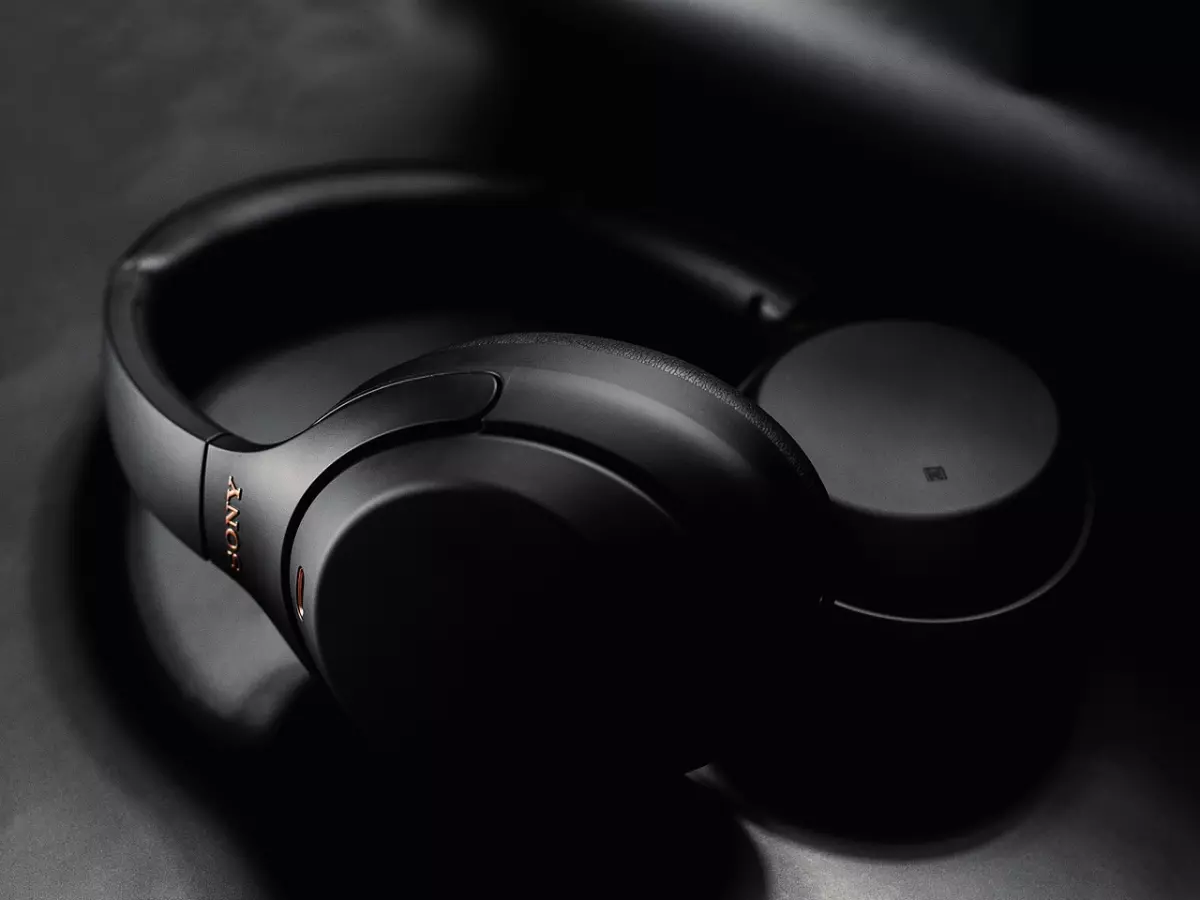Voice-Activated Future
Voice assistants are the most overrated gadget feature—until you actually use them.

By Laura Mendes
“The best way to predict the future is to invent it.” That’s a famous quote from Alan Kay, a computer scientist who helped shape the modern tech landscape. And if there’s one thing that’s been invented and is now shaping the future of gadgets, it’s voice assistants. Whether it’s Siri, Alexa, Google Assistant, or even Bixby (yes, Bixby), voice assistants are no longer just a novelty—they’re becoming essential.
Kay’s quote hits the nail on the head because voice assistants are not just predicting the future of gadgets; they’re actively creating it. These AI-powered helpers are changing how we interact with our devices, making them more intuitive, accessible, and—dare I say—human.
Why Voice Assistants Matter
Let’s be real: when voice assistants first hit the scene, they were more of a party trick than a practical tool. You’d ask Siri to tell you a joke, or maybe you’d get Alexa to play your favorite song. But fast forward to today, and voice assistants have evolved into something much more powerful.
Voice assistants are now deeply integrated into a wide range of gadgets, from smartphones and smart speakers to wearables and even cars. They’re not just about playing music or setting timers anymore. They can control your smart home, manage your schedule, send texts, and even help you shop online. And the best part? They’re getting smarter every day, thanks to advancements in AI and machine learning.
But why does this matter? It’s simple: convenience. Voice assistants make interacting with gadgets easier and faster. Instead of fumbling with buttons or swiping through menus, you can just say what you want, and your device will do it. It’s hands-free, hassle-free, and—let’s face it—pretty cool.
Voice Assistants in Smart Homes
One of the biggest areas where voice assistants are making a splash is in smart homes. Imagine this: you walk into your house, and instead of flipping switches or pulling out your phone, you just say, “Alexa, turn on the lights,” or “Hey Google, set the thermostat to 72 degrees.” Boom—done.
Voice assistants are becoming the central hub for smart homes, allowing you to control everything from your lights and thermostat to your security cameras and even your coffee maker. And as more and more smart devices hit the market, the role of voice assistants will only continue to grow.
In fact, some experts predict that voice assistants will eventually become the primary way we interact with our smart homes. Why? Because it’s just easier. Instead of navigating through multiple apps or using different remotes, you can control everything with your voice. It’s the ultimate in convenience.
Voice Assistants in Wearables
Voice assistants aren’t just confined to smart homes, though. They’re also making waves in the world of wearables. Take smartwatches, for example. With voice assistants like Siri or Google Assistant, you can send texts, make calls, set reminders, and even get directions—all without touching your phone.
This is a game-changer for people who are always on the go. Whether you’re running, biking, or just walking around town, you can stay connected and get things done without having to pull out your phone. And as voice assistants continue to improve, we can expect even more functionality to be added to wearables in the future.
AI and Machine Learning: The Brains Behind the Voice
So, how are voice assistants getting so smart? The answer lies in AI and machine learning. These technologies allow voice assistants to understand natural language, learn from your habits, and even anticipate your needs.
For example, if you always ask Alexa to play your favorite playlist when you get home from work, she’ll eventually start doing it automatically. Or if you frequently ask Google Assistant for the weather in the morning, it might start giving you a daily weather update without you even asking.
This kind of predictive behavior is what makes voice assistants so powerful. They’re not just responding to commands; they’re learning from you and adapting to your preferences. And as AI and machine learning continue to advance, voice assistants will only get better at anticipating your needs and making your life easier.
Challenges and Limitations
Of course, voice assistants aren’t perfect. There are still plenty of challenges to overcome, from privacy concerns to language barriers. For one, voice assistants are always listening (at least for their wake word), which raises some serious privacy issues. While companies like Amazon and Google have taken steps to address these concerns, it’s still something that many people are wary of.
Then there’s the issue of language. While voice assistants have made great strides in understanding natural language, they’re still not perfect. Accents, dialects, and even background noise can all throw them off, leading to frustrating misunderstandings.
But despite these challenges, it’s clear that voice assistants are here to stay. And as technology continues to improve, we can expect these issues to be ironed out over time.
The Future of Voice Assistants
So, what’s next for voice assistants? If current trends are any indication, we’re only scratching the surface of what these AI-powered helpers can do. In the future, we can expect voice assistants to become even more integrated into our daily lives, from controlling our gadgets to managing our schedules and even helping us with complex tasks like shopping or cooking.
And as AI and machine learning continue to advance, voice assistants will only get smarter and more intuitive. They’ll be able to understand us better, anticipate our needs, and make our lives easier in ways we can’t even imagine yet.
In short, the future of gadgets is voice-activated. And while voice assistants may have started as a novelty, they’re quickly becoming an essential part of our tech ecosystem. So, if you haven’t jumped on the voice assistant bandwagon yet, now might be the time to start.





